Guest Post by Bob MuellerI'm happy to welcome back Bob Mueller, whose writing content is always a hit with readers. Enjoy! It seems that on most forums for writers, about once a month you'll see some post about writing by hand. It's usually phrased as a question about the anachronism of writing fiction by hand, such as "Does Anyone Still Hand-write Their Novel?" There's something almost magical about the process of words flowing through a writing instrument and appearing on paper that can't quite be matched by the digital representations we see on a screen. For me, turning pixels on and off can't equal the excitement and intrigue and suspense and sheer primitiveness of permanently staining a sheet of wood pulp with pieces of crushed metal or some combination of chemicals suspended in a solution. At this point in my writing career, I'm pretty well cemented into the idea of drafting my fiction by hand. I did about two-thirds of The Sad Girl by hand and almost the entire sequel as well. I'm 12K hand-written words into the third book as well, and even have about 600 words down for the first book in the new series, all of it by hand. The biggest advantage of writing longhand in a notebook is that I can take it with me when I take my kids to dance or sports practice, and sit in the car or wherever and write. I'm not constrained by power, wi-fi accessibility, or a bad angle of the sun against my screen. Writing by hand seems to make fiction flow better for me. It might be because I have fewer distractions. When I write by hand, I'm away from my computer, and away from the distractions of social media and the rabbit holes of research. When I flip my notebook open and start writing, it feels like I get back into the flow of the story more quickly. Is that because I'm writing more during the day when I hand-write? Or am I writing more because the story flows better? Hmm… I've also noticed that while I do fiction better by hand, I seem to do non-fiction (like blog posts) better at the computer. That may be because I haven't tried to do non-fiction by hand, although there's really no reason for me to not too. The last time I bought notebooks, I bought several for fiction, and several smaller ones, intended to use them for non-fiction. I haven't quite gotten around to that yet. My hypothesis at the moment is that I'm still scrambling on my non-fiction, and writing those pieces under deadline, meaning I don't really have the time to draft by hand then transcribe and rewrite. That may be something I'll work on this summer. I've noticed too when writing in public that people were less willing to interrupt me when I'm writing on a notebook than if I were on the laptop. There's something about the computer that seems to give permission to ask what you're doing, or at least to screen-peek. That's not there with paper. It's like there's an assumption that you're writing a letter or something similarly intimate. The most common objections I hear to writing longhand are the time involved to transcribe, and the speed difference between the two. I don't know that I have a real response to the former. You're still writing, so I don't know that the time invested in a handwritten draft is lost or wasted. The latter is certainly a valid point though. I can type at something close to 60 words per minute. I've never timed myself, but I suspect my longhand speed is about half that. I pretty much abandoned cursive writing in middle school. I wasn't fond of the exercises, so I couldn't get neat penmanship, and after grade school, we were allowed to print papers, so that's where I've stayed. I'd be very interested to see a timed test between cursive and print handwriters. The Parts:I am not a snob about my writing tools. I know there are people who cherish luxury notebooks from Moleskine and Blackwing and Amara and Smythson, but I just can't justify spending multiple dozens of dollars for what amounts to a single-use item. I realize paper quality is critical to many people, but as long as my pencil writes on it consistently, I'm happy with it. I'll save all my fiction notebooks, pretty much just because. But I'm not going to be worried about archival-quality acid-free paper. My only requirements for a notebook are that it be 8.35x11 inches and narrow or college ruled. A stiff back cover is pretty handy too, but not critical. I've been perfectly happy with a 100-page Office Depot notebook, as well as a $0.97 Walmart special. My current notebook is a Mead Cambridge Business Notebook. I've tried both side-bound and top-bound, and prefer the top-bound these days. Likewise, I'm pretty flexible when it comes to my actual writing implements. I wouldn't mind trying to write with a fountain pen, just for the experience, but I currently get by with a Papermate mechanical pencil that is the third or fourth of this brand for me (I managed to break at least two in my pants pocket.) I've also made do with a $2 pack of ten mechanical pencils from the back-to-school aisle at Walmart. The only thing I've discovered over the last couple of years is that I like mechanical pencils better than conventional, because it's so much easier to keep the point sharp. I tend to run .5 millimeter #2 leads, but that's as much of a personal preference as paper or ink choice. The Process:What does my writing process look like then? I tend to do my outlining/synopsizing on the computer, then sit down and just start writing. Then the next day, I'll type up what I wrote the day before. That gives me a mini-edit as I transcribe, making the first computer draft a second draft, or at least draft 1.5. From there, I step away from the computer, pick up the notebook, and start writing. If I need to come up with a name, I'll put in a placeholder like DEPUTYNAME and drive on. Then when I transcribe, I'll take the time to come up with a name, or use one of the many name generators scattered across the 'net (although I tend to use Behind The Name most often these days). I do the same with any serious research I need to do. There's a scene in In Plain Sight that deals with the Coast Guard handling a swamped boat with a body aboard. I wrote it the way I thought it would happen, but made a bunch of notes, and started the research process with the Coast Guard. If I need to make change, I can easily do that later to the computer draft. At some point in the day or early evening, I'll decide I’m done writing. Depending on my schedule for the next day, I might transcribe the day's writing right then, but I usually wait until the next day, or even the day after. I try to not go more than two days without transcribing though; I've occasionally found big errors when transcribing, and the sooner those are found, the less major rewriting I have to do. According to my production-tracking spreadsheets, I average about 1,500 words per day when I'm hand-writing. Looking back at older stories, I wrote on more days, but not as much each day. It took me 152 writing days over six years to finish Don't Stop Believing, which was done completely on the computer. Conversely, it only took me 86 writing days over 370 calendar days to finish the Sad Girl sequel. I'm starting to work on some short fiction these days too, and I've been handwriting that. I'm not sure if it's going as well as my long-form fiction is though. We'll see. Are you still writing by hand? Let's hear from you in the comments! Tell us what works for you and what doesn't! All About Bob: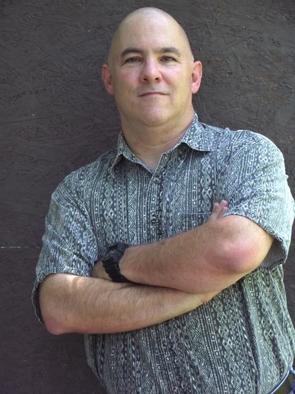 When you get right down to it, Bob Mueller writes about emotions. He finds them in his own experiences as a divorced father and family member of a sex abuse survivor, and from the people he meets. He puts himself in someone else’s shoes, and teases out their feelings. Blending that with bits and pieces of history and life experience, he crafts a story that might have been inspired by a song, or a news article. But it’s about emotions in the end. Born in north Texas and raised in southeastern Ohio, Bob is a member of International Thriller Writers, Tulsa NightWriters and Oklahoma Writer’s Federation, a father of eight, and a pastor’s husband. When he’s not writing, he enjoys reading (thrillers, historical fiction and non-fiction, and police procedurals), genealogy, and shooting. For more information, visit http://www.bobmuellerwriter.com.
10 Comments
I was teaching composition back in the 1980s, in the days when there were wood-burning computers, and we did a lot of exploratory research on what the word processor was likely to do to the writing process. Much of it has been borne out, though every individual is, of course, their own unique laboratory. Many people have found it easier to brainstorm and draft on paper. Writing gurus like Julia Cameron and Lynda Barry attest to this. For me, paper gives me permission to be messy, to writing without editing. The ability to make instant changes on a computer invites what we used to call "Flaubert's comma syndrome" - spending the morning putting a comma in, and the afternoon taking it out. You get stuck on getting it perfect first - or at least I do. But what is becoming increasingly problematic with brainstorming and drafts on paper is that up and coming writers no longer use cursive - it isn't even taught in our schools. There is something about the physical connection of hand to pen or pencil and paper that is neurologically different, and fosters creativity. I mourn the loss of this pathway for future generations, because that's what old people do. :-)
Reply
H.M. Jones
5/23/2016 05:16:34 pm
That point about cursive is an important one. I am youngish and never learned cursive writing, so it's very time consuming to write out a full book. So, I tend to outline by hand but do not write it all out as often, like my friend Bob. I think if I wrote faster, it might change how I do things.
Reply
5/23/2016 08:38:25 pm
Now you're speaking to the genealogist in me! I hate that so many people aren't going to be able to read things written in cursive. Remember how hard it was to learn 18th century spellings, where the f was used as an s?
Reply
5/23/2016 06:05:16 am
A friend of mine swears by writing out her novel in longhand.
Reply
H.M. Jones
5/23/2016 05:17:44 pm
That's funny. When I'm traveling or it's sunny and I want to write outside, those are my two motivators for writing by hand. Thanks for your feedback.
Reply
5/23/2016 08:40:32 pm
Carmen, it might have been a mental block against writing while you were on vacation, too. I've run into that a couple of times. It's hard for me to start something new when I'm not at home. But if I'm already going, it's easy to continue.
Reply
5/23/2016 03:05:05 pm
I write by hand on trains and buses. I use a small notebook--there's something so motivating to filling up a whole (little) page, and it seems to be a different thought process. But I hate typing it into my computer because it feels like I'm doing the work again. Of course, while typing, I edit and smooth it out. :)
Reply
H.M. Jones
5/23/2016 05:18:26 pm
Can't argue with you there. It's extremely fulfilling to fill up a page with your ideas. :) Very true.
Reply
5/23/2016 08:42:15 pm
"...it seems to be a different thought process"
Reply
Leave a Reply. |
AuthorH.M Jones is the author of B.R.A.G Medallion Honor and NIEA finalist book Monochrome, its prequel Fade to Blue, the Adela Darken Graphic Novellas, Al Ravien's Night, The Immortals series, and several short stories. Archives
December 2019
Categories
All
|
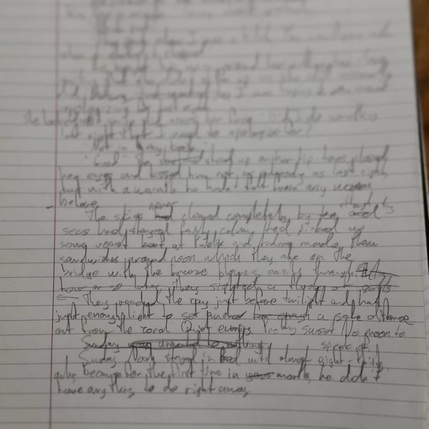
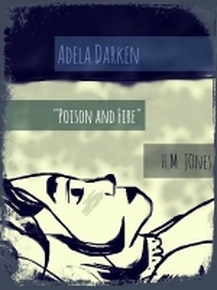
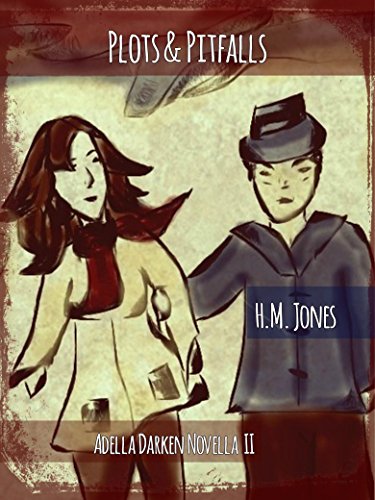
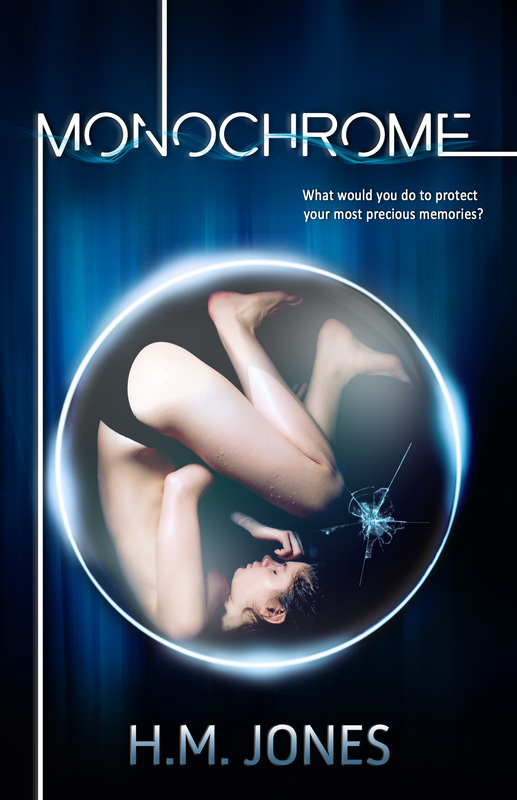

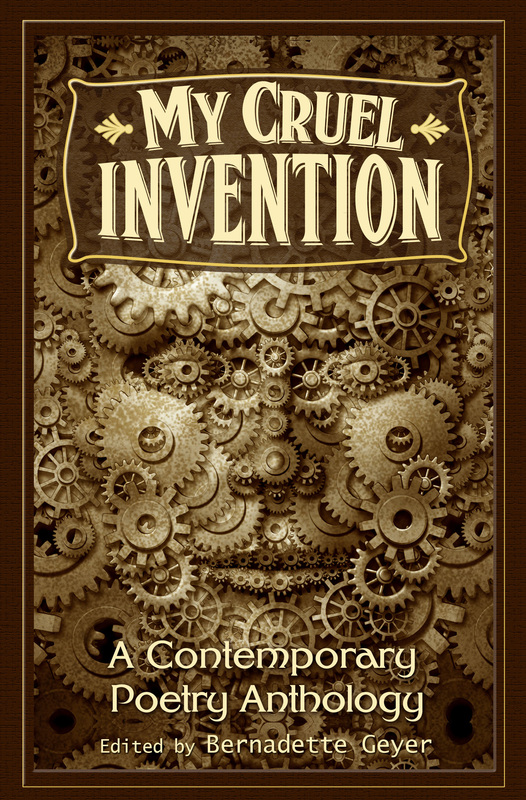


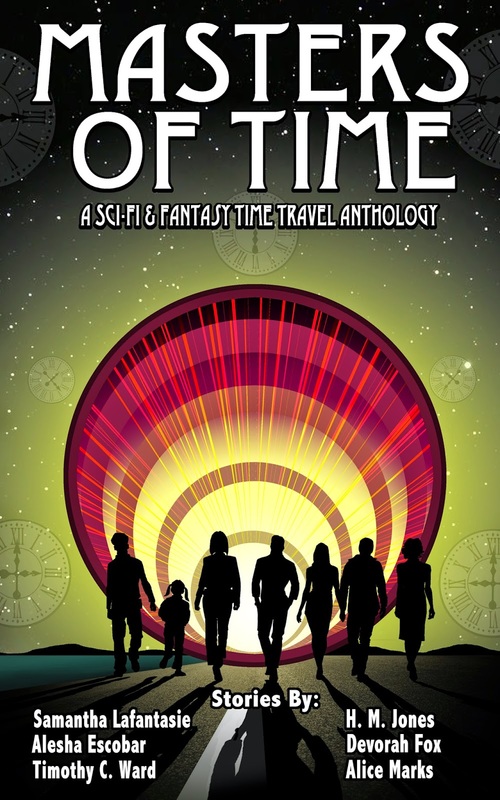

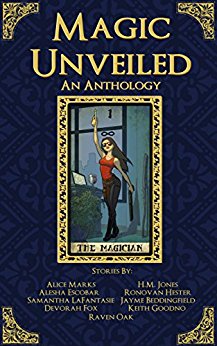
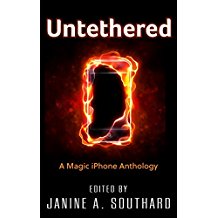
 RSS Feed
RSS Feed
